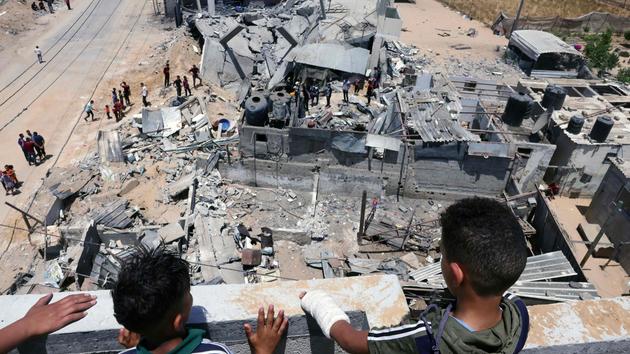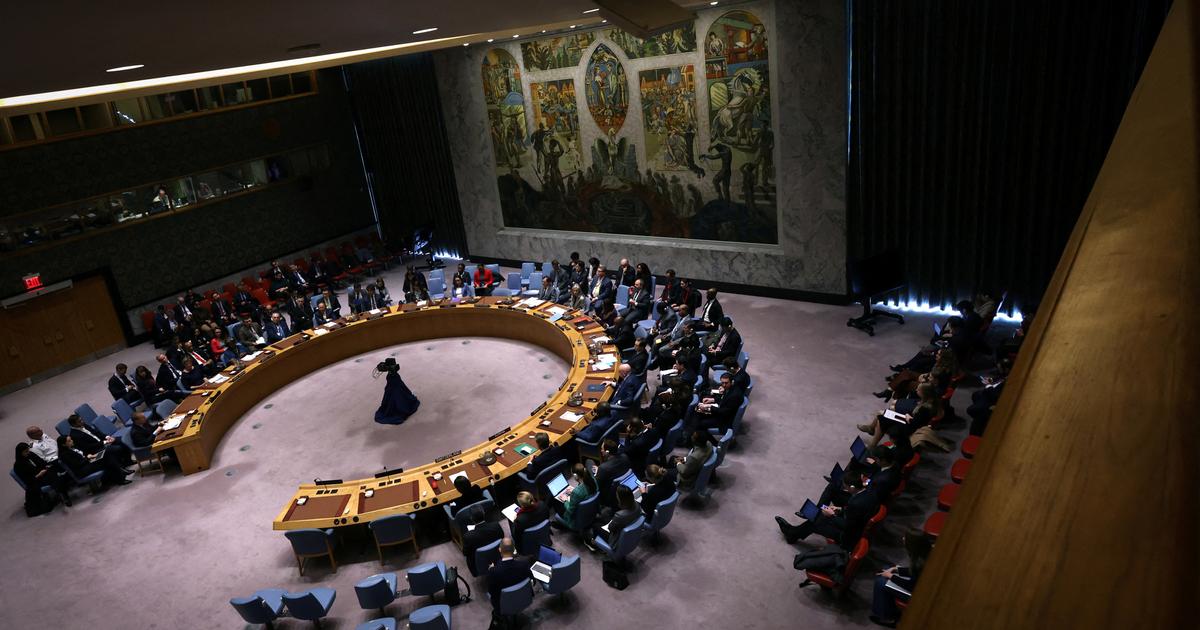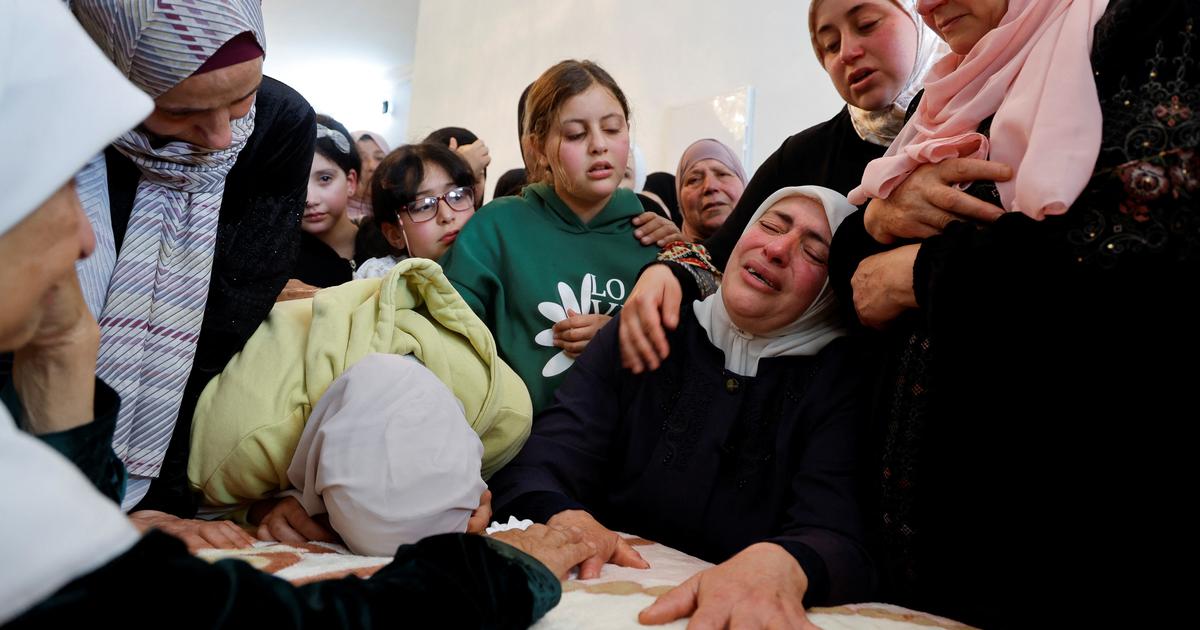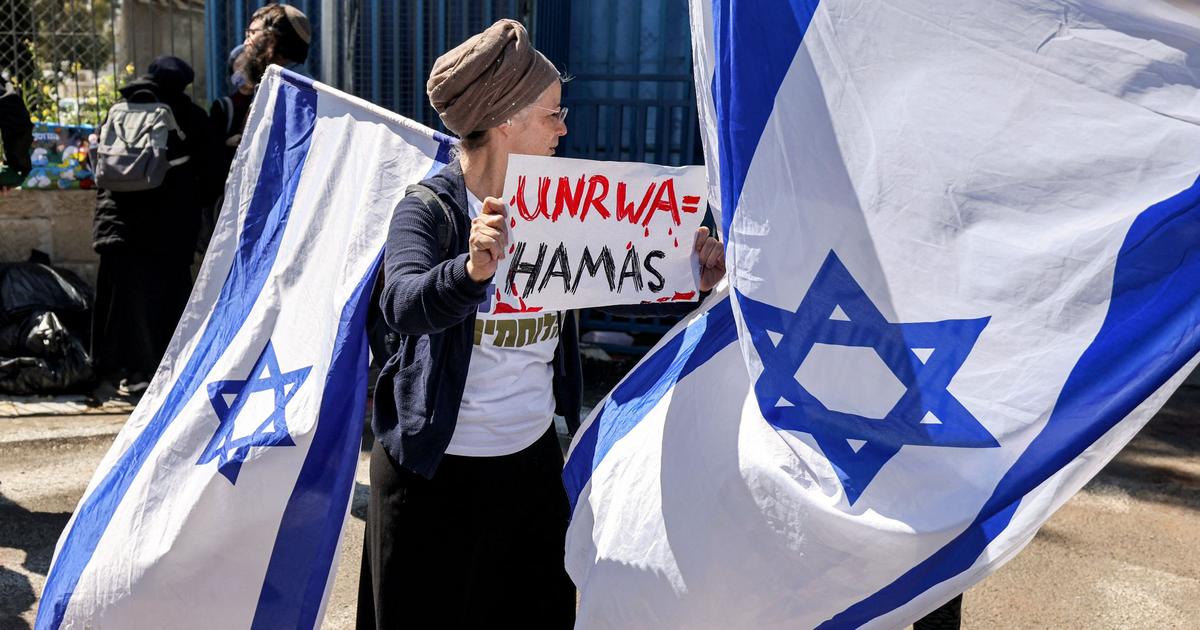The time for major diplomatic maneuvers has arrived.
Since the end of last week, they have been coming from all sides.
The UN Security Council is chaining emergency meetings, EU countries are meeting on Tuesday by videoconference, American phones are overheating behind the scenes, Gulf countries on the alert and mediation of Egypt, supported by Jordan, Germany and France, is ongoing.
To discover
Deconfinement: what will change this Wednesday for the French
All the players have cards in their game to influence the conflict, in theory. The Security Council because it is in charge of international stability. The Egyptian regional power, because it signed a peace treaty with Israel, because it shares its border with Gaza and because it has often mediated in the Israeli-Palestinian conflict. Qatar because it is close to Hamas, maintains informal relations with the Hebrew state and also acts as intermediaries in Gaza. Jordan, guardian of the holy places of Jerusalem, because it is also bound by a peace treaty with Israel. Saudi Arabia, Washington's regional ally, which officially rejects any normalization of relations with Israel until the Palestinian issue is resolved,but approached the Hebrew state in the name of the opposition shared with Iran. The United States because, even if Joe Biden wanted to avoid getting involved in a deadlocked file, he is reminded of his role as godfather, no American president can ignore the Israeli-Palestinian reality when it heats up . Finally, the European Union, because it is directly concerned by the security of the region, because it is the main contributor of aid to the Palestinians.that it is the main contributor of aid to the Palestinians.that it is the main contributor of aid to the Palestinians.
Read also:
Israeli-Palestinian conflict: Jerusalem epicenter of the uprisings
The "
calls for calm
", for "
de-escalation
", for "the
return of peace
" or "
the absolute necessity of putting an end to hostilities
" according to Emmanuel Macron and Egyptian President Abdel Fattah-al-Sissi, visiting Paris Monday, have so far fallen into a vacuum, colliding with a world where power relations and violence prevail.
All these initiatives form a generic whole which is called “
diplomatic impotence
” in the Middle East.
“
This is a timeless title that could have been used almost anytime since 1948,
” notes Gérard Araud, ex-ambassador to Israel and the United States, in a tweet.
American diplomacy has never accepted that the UN plays a substantial role in the Israeli-Palestinian conflict.
Gérard Araud, former ambassador to Israel and the United States.
The international community, as the immense geopolitologist Pierre Hassner constantly reminded us, “
that does not exist
”. And if all the actors of the diplomatic rush have reasons to engage, they have at least as many reasons to fail. The UN Security Council has not led to any progress, blocked by Washington, which does not want to prejudice its diplomacy behind the scenes. “
Nothing really new. American diplomacy has never accepted that the UN plays a substantial role in the Israeli-Palestinian conflict. The great powers always refuse the engagement of the United Nations when their interests are at stake
”comments Araud.
This was the case with Russia over Syria and Ukraine, and China over Burma.
Once again, the international community does not exist, and not just because multilateral frameworks are rusted.
The EU is divided on the issue, with some, like Germany, Austria and parts of Eastern Europe, insisting first on Israel's right to defend itself, while others demand more restraint on his part.
France fears an importation of the conflict on its soil and anti-Semitic violence.
Read also:
In Israel, violence spreads between Jews and Arabs
As for Joe Biden, focused on the return of the United States to the Iran nuclear deal, he does not want another subject of dissension with Israel.
Especially since he is convinced that the conflict has no obvious short-term solution.
Arab countries also have their brakes.
It's been a long time since the Palestinian cause is no longer at the heart of their policies, the center of gravity having shifted further east, towards Iran.
They are also engaged in a major operation to normalize their relations with Israel.
In this regard, the facade protests against the Hebrew state mostly resemble a communication message aimed at the Arab populations.
A crisis different from others
For a long time, the Israeli-Palestinian conflict has lived more or less independently of diplomatic efforts.
Regularly, it warms up to not go out until the parties have reached their goals, at least partially.
That of Israel is to weaken Hamas, which was becoming too threatening, and to restore political impetus to Prime Minister Benjamin Netanyahu, threatened with losing power by a coalition of opposition parties.
That of Hamas is to position itself as an undisputed defender of the Palestinian cause, relegating the Fatah of Mahmoud Abbas to a marginal role.
Once the targets are reached, the conflict should dry up and the lull, helped this time by diplomatic initiatives, last for several years, without the basic problem being resolved.
This has always been the case with the Israeli-Palestinian conflict.
Read also:
Palestinians, the impossible unity
This time, however, the genie might be more difficult to fit into its bottle.
At least that's what some analysts think, noting that the crisis is different from previous ones.
Clashes between Jews and Arabs in mixed towns threaten the Israeli-style model of national cohesion.
The gradual Islamization of the Palestinian question and the spectacular military progress of Hamas risk changing Israel's threshold of tolerance, which is seeing the proliferation of red lines.
The political vacancy in Israel and within the Palestinian Authority, like the hesitation of the United States, which has still not appointed an ambassador, are encouragement to the power of the streets, which is increasingly noisy and threatening. Finally, the great reconciliation between Israel and the Sunni Arab countries could be under great tension if the conflict were to last.









